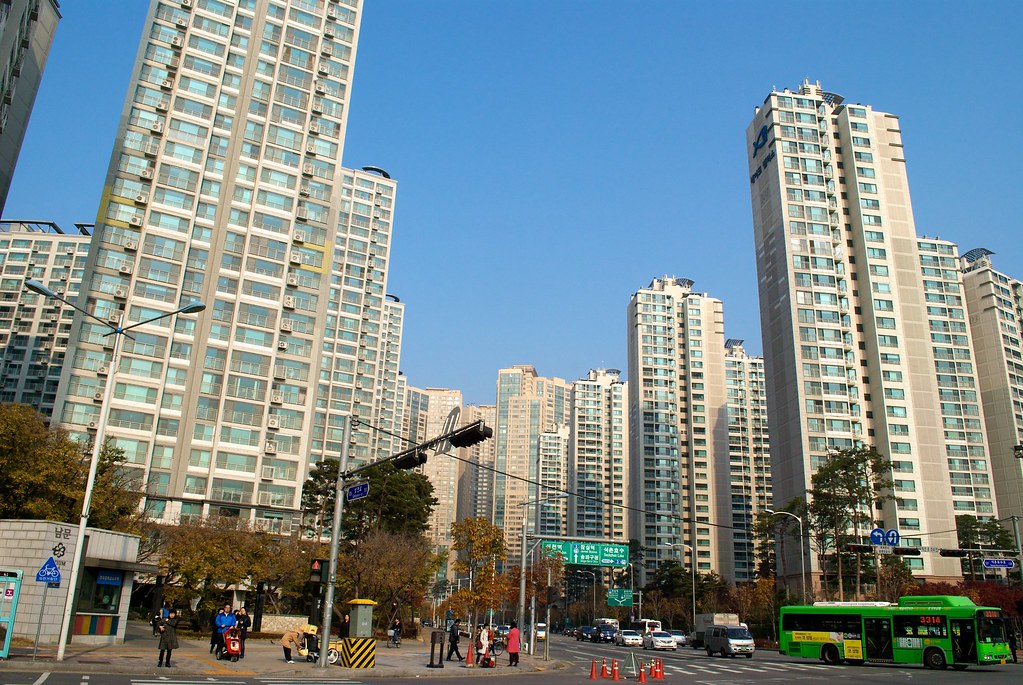The Peninsula
Stable Housing Continues to Elude Government

What Happened
- In response to the rapidly rising cost of housing in Seoul, the National Assembly passed a new bill that allows tenants to extend their contracts and placed a cap on the amount that rental deposits could be increased.
- However, observers expressed worry that this may lead landlords to favor monthly rental contracts over the traditional “jeonse” payment in which renters pay a lump-sum for their long-term lease and receive the deposit back when they vacate the space.
- According to polling in June, 57.1% of people in their 30s said that the current government’s housing policy is “untrustworthy.” This has been the main headwind dragging down the Moon Jae-in administration’s public approval rating.
Implications: The Korean government’s reliance on regulatory interventions to stabilize the housing market suggests that authorities are unwilling to see scarcity as the fundamental root of the problem. This conforms with President Moon Jae-in’s suggestion in his 2020 New Year’s press conference that the media’s negative portrayal of the government’s housing policy is partly to blame for the market instability. The administration’s skepticism may be further strengthened by the fact that while buying a house may be prohibitive for the average Korean, the cost of housing as a share of disposable income remains far lower in Korea compared to other countries in the OECD.
Context: This is not to discount efforts by the Korean government to both increase supply and decrease demand for housing in Seoul. Public policy has pushed developers to build new housing units in satellite cities. However, heavy traffic and insufficient public transportation connecting these new exurbs to Seoul’s city center have discouraged people from moving to these new areas. Simultaneously, the government has pushed to relocate major public institutions to Sejong City and elsewhere in the country; thereby, reducing the pressure on the capital to supply housing for its employees. However, these measures are unlikely to significantly shift the country’s center of gravity away from Seoul.
This briefing comes from Korea View, a weekly newsletter published by the Korea Economic Institute. Korea View aims to cover developments that reveal trends on the Korean Peninsula but receive little attention in the United States. If you would like to sign up, please find the online form here.
Korea View was edited by Yong Kwon with the help of James Constant and Sonia Kim. Picture from user Chris Harber on Flickr
